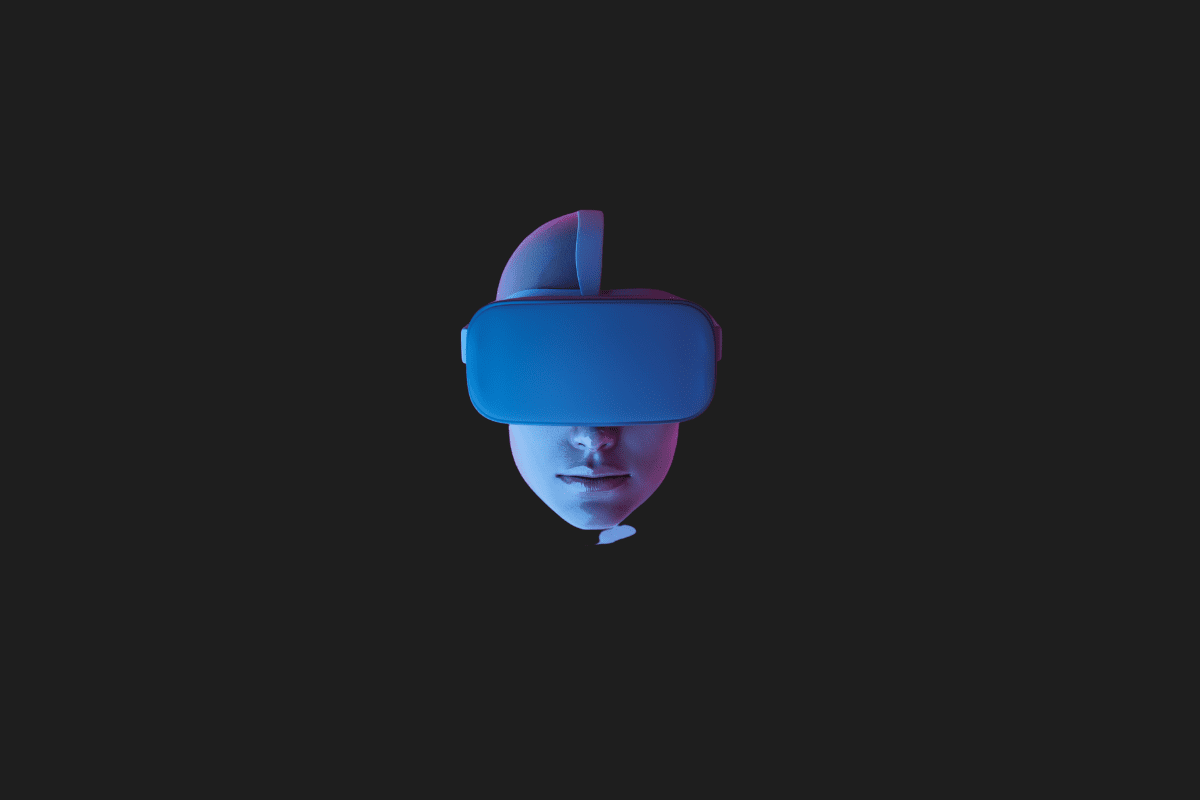JPMorgan analysts, delving into futuristic concepts like the Metaverse, believe they have identified a strategy for selecting Chinese stock activities in this domain.
The Metaverse is envisioned as the next evolution of the internet, manifesting as a virtual world where people interact via three-dimensional avatars.
Yet, the Metaverse hasn’t picked up the anticipated momentum, especially in the United States, as companies like Facebook had hoped. This led to the social networking giant rebranding itself as Meta last year. Despite this, its shares have declined by over 50% this year.
China, mirroring the U.S., is encountering similar consumer adoption challenges. Additionally, the Metaverse’s development in China is subject to distinct regulatory scrutiny, as highlighted in JPMorgan analysts’ report dated September 7. Notably, China has also imposed a ban on cryptocurrencies, a critical component of the Metaverse, within its borders.
However, the analysts suggested that some Chinese internet companies might still find ways to monetize certain industry trends propelled by the Metaverse’s development.
Best choices
In the industry, JPMorgan’s top picks are Tencent, NetEase, and Bilibili. Among non-internet names in Asia, companies such as Agora, China Mobile, and Sony are included in JPMorgan’s list of potential beneficiaries. This selection is based on the competitive advantages these companies hold in specific aspects of the metaverse, including gaming and social networking.
Analyst Daniel Chen and his team emphasized in their report, “The evolution of mobile internet and artificial intelligence over the last 5-10 years demonstrates that a company’s competitive advantage in a particular segment of the technology ecosystem is more crucial in determining long-term shareholder value creation than the specific sector of the ecosystem in which the company operates.” The analysts also noted that there are two primary ways companies can profit as the metaverse evolves.
Gaming and intellectual property
In JPMorgan’s most favorable projection, China’s online gaming market is anticipated to nearly triple, escalating from $44 billion to $131 billion. Analysts highlight that both Tencent and NetEase possess robust gaming divisions and have forged partnerships with leading global players in the industry.
For instance, Tencent holds a stake in the virtual world gaming company Roblox, while NetEase has collaborated with Warner Bros. for the development of a Harry Potter-themed mobile game.
Digitization of work and consumption
“The Metaverse is likely to double the digital time currently spent, averaging 6.6 hours,” stated JPMorgan analysts. They anticipate that companies will generate increased revenue per internet user as a result.
JPMorgan estimates that the total addressable market in China for business services and software within the metaverse could reach $27 billion. Additionally, the digitization of offline consumption of goods and services is expected to create a $4 trillion market in China.
In the realm of business services, NetEase has already developed a virtual meeting room system named Yaotai, while Tencent offers a video conferencing app called Tencent Meeting.
The analysts pointed out that Tencent’s extensive experience in managing China’s largest social network, Weixin/mobile QQ, positions it well to capitalize on virtual product sales on these platforms.
Similarly, Bilibili’s high user engagement is expected to help it harness significant monetization potential through value-added services and virtual product sales in the long term.
The app is described as an “entertainment platform” predominantly for Chinese individuals under 35 years of age, with users spending an average of 95 minutes daily on the platform in the first quarter.
Despite the Chinese government’s measures to limit prolonged gaming among minors, some local officials have announced plans to develop the metaverse.
‘Barriers to overcome’
However, the practicality of such initiatives from a business perspective remains uncertain.
JPMorgan analysts, while not specifically recommending these companies as stock purchases, have highlighted several ongoing metaverse projects in China. These include Baidu’s virtual world XiRang and virtual reality developments by Baidu-backed iQiyi, as well as efforts by NetEase and Bilibili.
The analysts observed that current virtual reality devices are too bulky for prolonged use, and there are limitations in cloud computing capabilities and storage for metaverse data.
They expressed, “We think it may take decades for the ‘perfect form’ of the Metaverse to be realized. While we recognize the immense potential of the Metaverse’s total addressable market, we believe there are several technological challenges that need to be addressed.”
You may also like this content
- The Metaverse: What it is, How to Enter, and Its Potential Impact
- Axie Infinity Buying Guide
- Decentraland (MANA) Buying Guide
